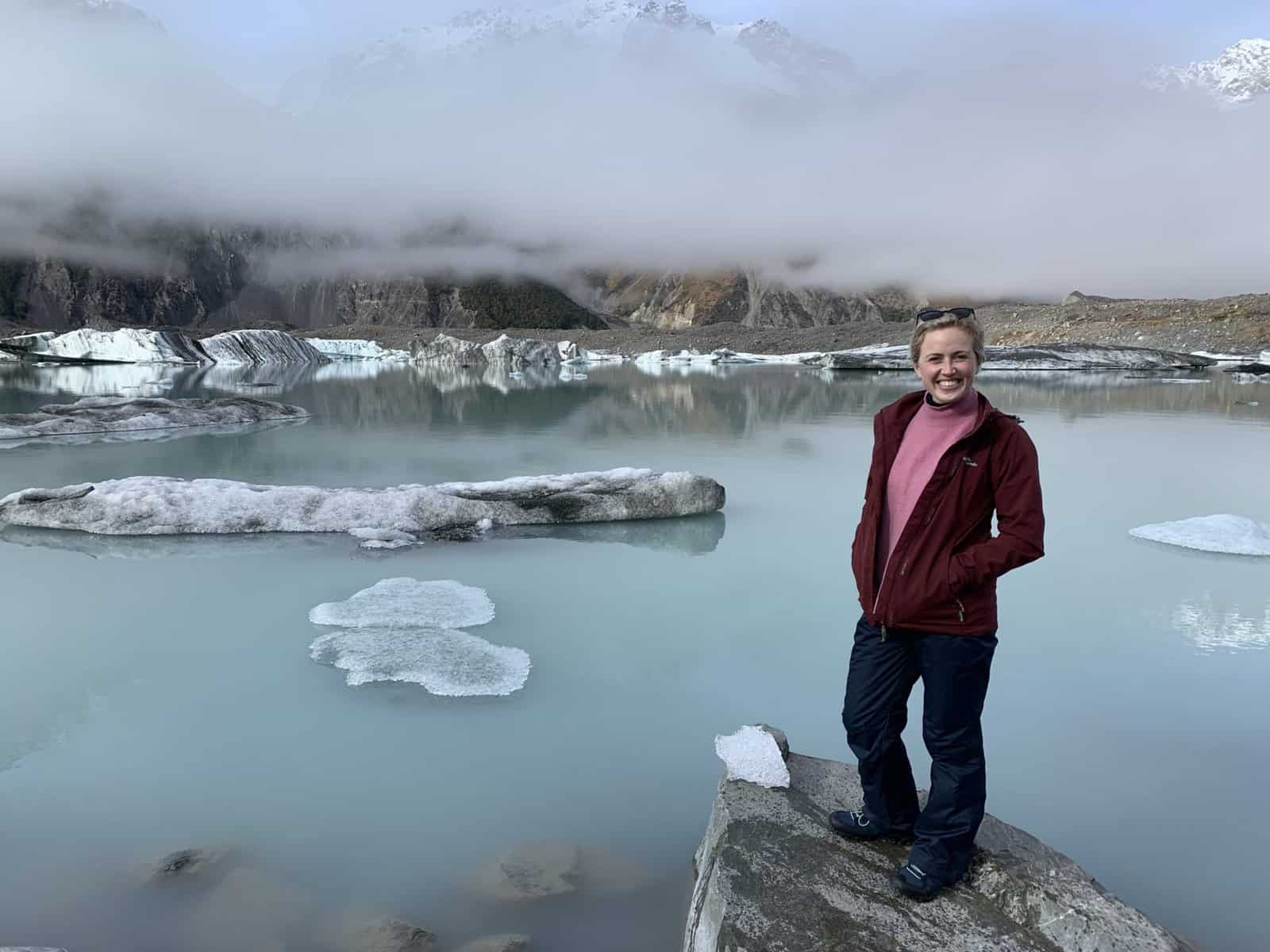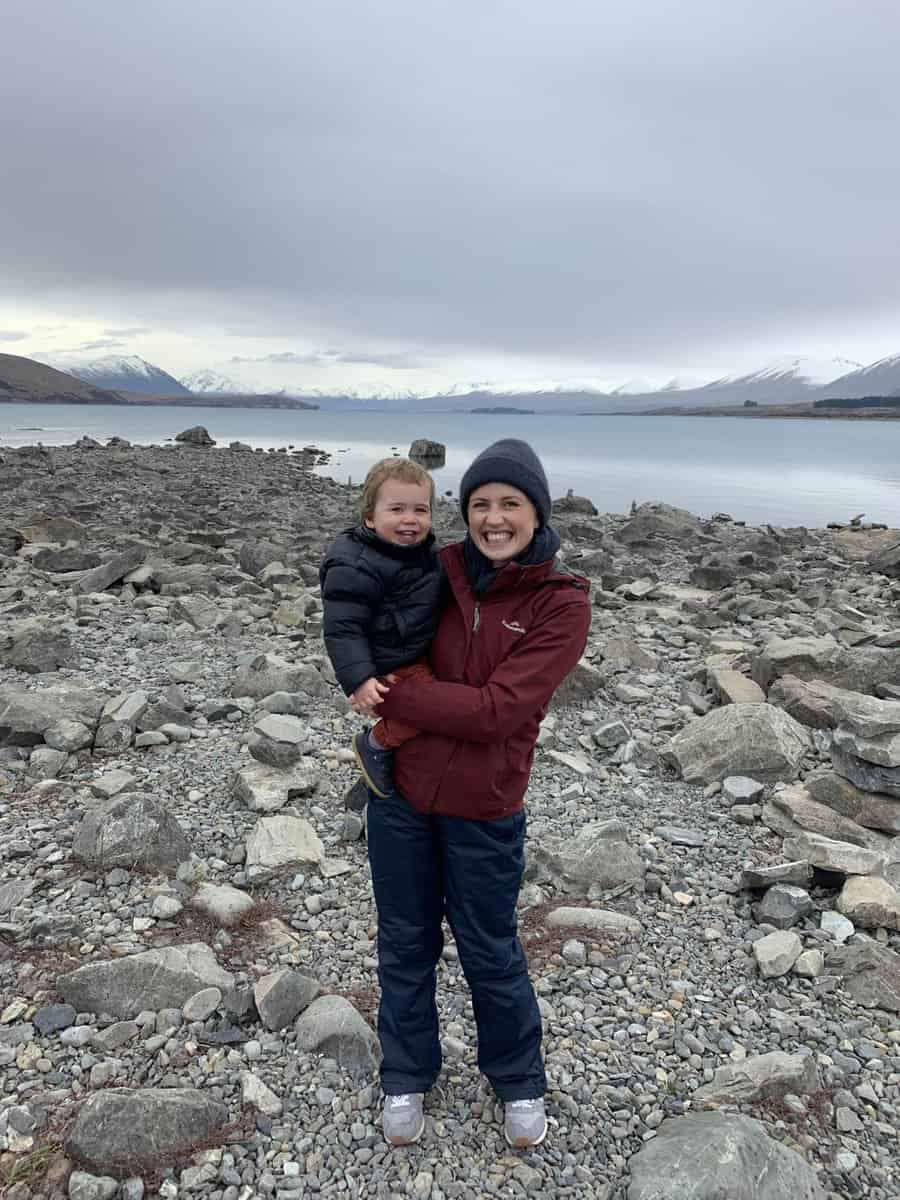When Penny Payne talks about her mahi it really comes down to two words – outcome and impact.
“We can design the best app or widget from a scientific perspective, but it’s value is very limited unless it gets uptake,” she says.

The Hamiltonian has joined the BioHeritage whānau as a co-lead for Eco-index for the next year. With extensive experience in community psychology – from biosecurity and climate change to rural resilience and animal welfare – Penny says her core focus is always understanding human behaviour for the betterment of society.
That was one of the main things that attracted her to Eco-index.
Not only do the team really want to make a difference for biodiversity, she says, but the cause is relevant to every single New Zealander, and to the world as a whole.
“We have an urgent obligation to address our biodiversity loss, and providing guidelines on the most effective ways to help our native species will help immensely.
“The Eco-index is working towards a national vision and collective target to strive for, while providing specific industries, regions and rohe with investment goals and targeted actions. What could be a better cause?”

Growing up in the Kaimai Ranges, Penny spent her days raising baby farm animals and exploring nature. Her love of the great outdoors is something she is happily passing on to her nearly-two-year-old son.
“His name, Tai, means king tide – which is an accurate description for his levels of energy and enthusiasm! His love of the outdoors is a regular reminder to me of the importance of our mahi.”
Penny says it’s so exciting discussing the inspiring ideas from the Eco-index team. Opportunities such as the possibility of contributing to the UN Biodiversity Lab make it easy to go to work in the morning.
In her co-lead position we can look forward to Penny keeping in regular contact with the people on the ground – with science communication being one of her favourite lines of work.
“Too many reports go into the bottom drawer, but a one-hour presentation of key findings can make a real difference,” she says.
“It is critical we always keep impact at the forefront; this is my job!”
Posted October 2021.